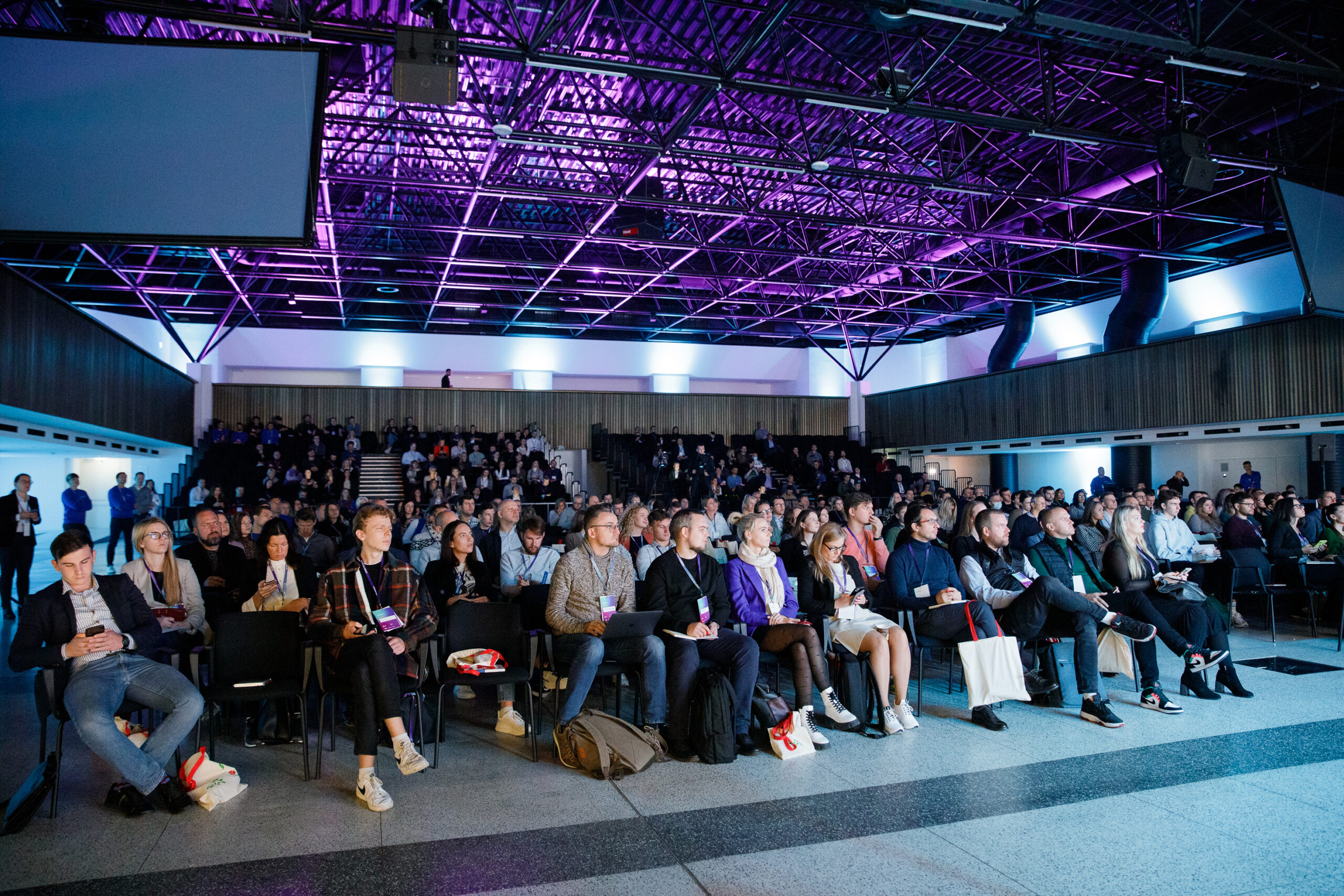E-Commerce in Baltics: what is important to know?
2022-09-22As e-commerce returns to pre-pandemic levels, e-shop owners are left scratching their heads as to how to ensure sales growth again. Exporting is essential for Baltic e-shops to reach their full potential, as each of the three countries is extremely small. Exporting to other Baltic countries is usually the first step and will be one of the topics on e-commerce conference and exhibition “Ecomexpo’22”, which will take place at the Vilnius Exhibition Centre “Litexpo”, 29 September. So what do you need to know about exporting in the Baltic States?
Should you localise your e-shop content?
“At first glance, the Baltic countries look very similar, but when you start exporting from one country to another, many people discover a number of fatal differences. You can’t expect that, for example, when a Lithuanian e-shop starts to sell in Latvia and Estonia, nothing will need to be changed, everything will happen by itself – certainly not. From the fact that we speak different languages to the fact that we have different buying habits and completely different markets.
However, Baltic e-entrepreneurs usually do their homework – market analysis, marketing plan, but sometimes they miss seemingly small and unimportant details that in reality can make a big difference,” comments Deividas Talijūnas, organizer of the conference and exhibition Ecomexpo’22 and head of the All Digital group.
According to Talijunas, the language of an e-shop is a key aspect when preparing for export between the Baltic States. “76% of online shoppers prefer stores that provide product information in their language, according to a CSA survey of 8709 respondents in 29 countries. This data is complemented by the Swiss Localisation Industry Standards Association (LISA), which found that a $1 investment in localizing content translates into a $25 return on investment.
These figures clearly show that although we all speak good English, it is not enough to translate an e-shop into English – localized e-shop content can help to deliver much better results than English. Even e-commerce giants such as Amazon and eBay understand this, and they also translate their content into several major languages.
According to Talijunas, presenting website content in the local language not only makes it easier and quicker for buyers to understand the information, but also increases the sense of credibility, proximity and lowers barriers to make a purchase.
Which parcel delivery method to choose?
Another crucial point for e-businesses trading between the Baltic States is the availability and quality of parcel delivery. Gabrielius Bilevičius, Sales and Marketing Manager of DPD Lietuva in the Baltics, argues that quality delivery of parcels to the customer’s home, their preferred post office or any other location is one of the ways to keep people who buy online satisfied and to build a long-lasting relationship with them.
“For e-businesses exporting in the Baltics, it is crucial to know their audience and to know which delivery method is the most convenient and relevant for them, as it is the one that can encourage them to buy or not. For example, a recent study commissioned by DPDgroup showed that for Europeans, the ability to pick up a parcel at a post office will not be as important as for Lithuanians. Therefore, the ability to clarify your customers’ exact delivery preferences is a significant factor that can help an e-shop thrive.
In general, the more customers appreciate quality and fast delivery, the more they notice the slightest mistakes of parcel delivery companies. This means that choosing a reliable and fast parcel delivery partner can determine whether a customer will come back to shop again or choose a competitor next time,” says G. Bilevičius.
According to the Sales and Marketing Manager of DPD Lietuva, in order to receive positive customer reviews, e-shops should first of all respond to the wishes of consumers: offer them different delivery methods, the possibility to choose the day of delivery or even the time interval.
One of the largest e-commerce conferences and exhibitions in Baltics, Ecomexpo’22, formerly known as E-Commerce, will take place on 29 September at the Litexpo Exhibition Centre in Vilnius. The exhibition will also be webcast. Tickets for the live participation and the webcast are available online.


